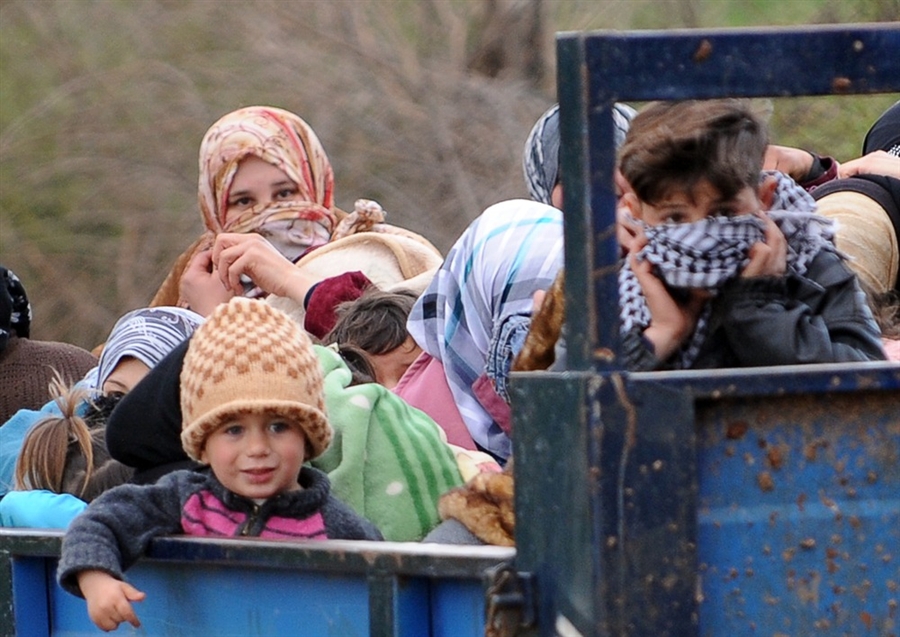A political prisoner named Mohamed Al-Batrawi, 50, died on Saturday in the Wadi Al-Natrun prison complex hospital, according to his family and friends.
Al-Batrawi suffered from hepatitis C, with his family citing “numerous times where prison authorities refused to allow medication or prevented the deceased from getting medical care”.
He was transferred to the hospital from prison in May after his health deteriorated. However, his family complained about the lack of health services at the hospital. Al-Batrawi was arrested in November 2013 and was sentenced to three years in prison by a military court in Suez.
One of Al-Batrawi’s former prison mates told Daily News Egypt that he was politically active against the regime in-place after the 30 July Uprising. The source, who requested to remain anonymous, added that Al-Batrawi was transferred to a different prison during his detention.
The Egyptian Coordination for Rights and Freedom (ECRF) condemned the incident, calling it “a policy by the Ministry of Interior to kill political prisoners through medical negligence and preventing them from receiving care”.
The group said that Al-Batrawi’s family had sent several letters to the general prosecution to appeal to send him to another hospital, but several requests were not answered.
The Muslim Brotherhood in Suez similarly condemned the death of Al-Batrawi, marking the incident as the sixth to happen in Suez. The group warned the current regime of “eliminating detainees through medical negligence”.
Police abuse and torture have been widely criticised in Egypt in recent years. They were among the main triggers for the 25 January Revolution.
For example, on 27 June, a man named Hassan Mohamed, 54, died in the Maghagha police station in Minya after being arrested at the beginning of the month on accusation of belonging to the Muslim Brotherhood.
His brother said that he was arrested, detained inside the National Security Apparatus building, and then deported to the Maghagha police station.
Mohamed suffered from hepatitis C, and his condition deteriorated during his detention in the police station, where his family cited lack of medical care and the prevention from security forces from taking medication.
The prosecution had asked for the autopsy of Mohamed’s body; however, the family refused the procedure and signed the medical report prepared by the police station, which stated that the victim died naturally, although the body included bruises on the chest and the back.


